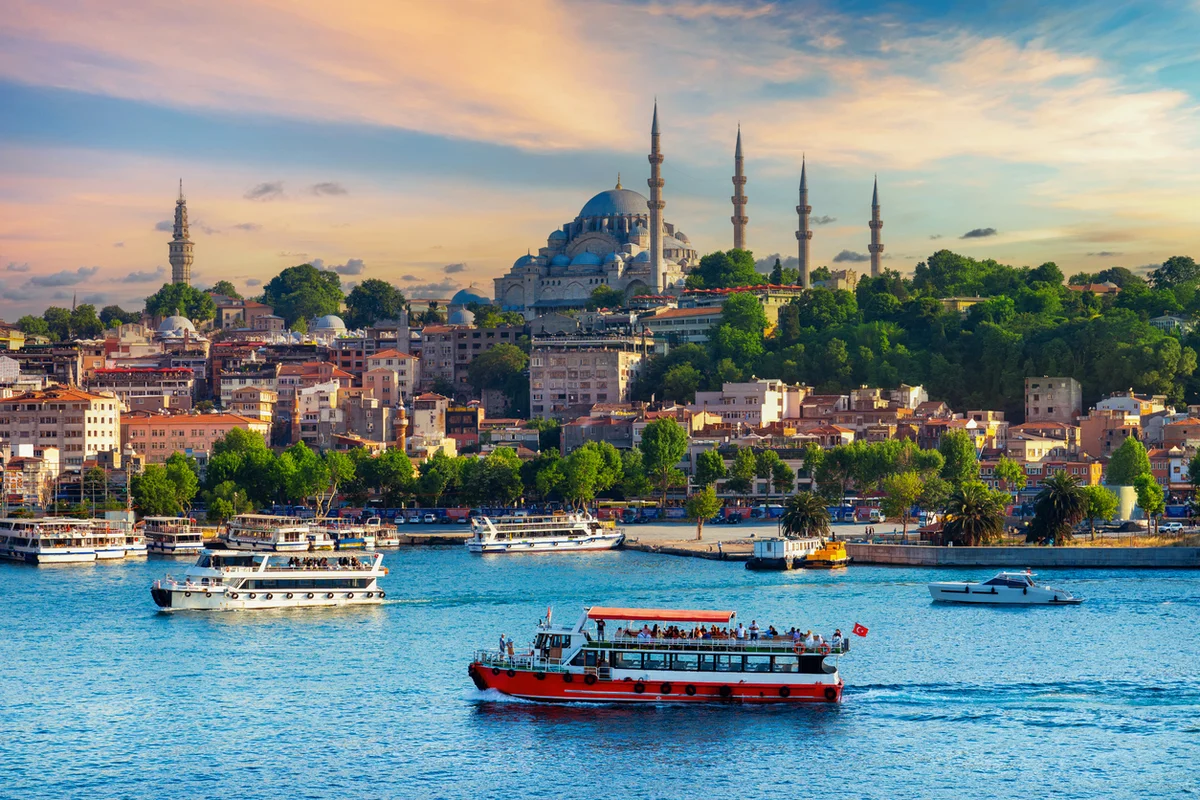
Is it safe to travel to Turkey? Foreign Office warning over nearby conflicts
How did your country report this? Share your view in the comments.
Diverging Reports Breakdown
Is it safe to travel to Turkey? Foreign Office warning over nearby conflicts
Tensions continue to escalate in the Middle East. Israel launched missiles at Iran on 13 June. Iran’s retaliatory strikes have since heightened fears that the conflict could spill into the wider region. Turkey shares some of its eastern border with Iran, and travellers with trips booked may be questioning whether to holiday there. The Foreign Office says that regional events in Israel and the Occupied Palestinian Territories have “led to heightened tensions” across Turkey. The FCDO advises against all travel to within 10km of Turkey’s border with Syria due to “fighting and a heightened risk of terrorism”. It adds: “Due to the ongoing conflict in Syria, roads in Hatay Province leading towards the border may be closed at short notice”
Concerns have risen surrounding the safety of travel to countries neighbouring Israel and Iran, such as popular holiday hotspots like Turkey, as tensions continue to escalate in the Middle East.
The Foreign Office (FCDO) considers Turkey’s main tourist areas generally safe to travel to, but regional travel guidance has been issued to reflect ongoing hostilities.
Israel first launched missiles at Iran on Friday (13 June), saying it was targeting its nuclear and military infrastructure in a “pre-emptive” move to stop the country from developing a weapon. Iran’s retaliatory strikes have since heightened fears that the conflict could spill into the wider region.
Both countries continued to target each other with devastating missiles and airstrikes, then on Saturday (21 June), the US became involved in the conflict when Trump targeted Tehran’s nuclear facilities with bombs.
Turkey, a popular summer holiday destination with British travellers, shares some of its eastern border with Iran, and travellers with trips booked may be questioning whether to holiday there.
Here’s the latest travel advice for Turkey, plus all the key questions and answers.
Read more: Israel-Iran latest
What does the Foreign Office say?
FCDO’s advice on travel in Turkey ( FCDO )
Tourist resorts and cities in Turkey, including Antalya, Bodrum and Cappadocia, are generally considered safe to travel to.
However, the FCDO advises against all travel to within 10km of Turkey’s border with Syria due to “fighting and a heightened risk of terrorism”.
It adds: “Due to the ongoing conflict in Syria, roads in Hatay Province leading towards the border may be closed at short notice.”
Outside of this area, travellers are warned to remain aware of their surroundings as “terrorists are very likely to try to carry out attacks in Turkey”.
The Foreign Office says that regional events in Israel and the Occupied Palestinian Territories have “led to heightened tensions” across Turkey.
Tourists should avoid “all demonstrations” connected to the conflict in major cities – particularly Israeli diplomatic missions in Ankara and Istanbul.
To go to the Hakkari province in the south east, travellers require permission from the local Governor’s Office to “visit areas near the border with Iraq and Iran”.
Are Turkey flights continuing?
As of 23 June, Turkey’s main tourist airports appear to be operating largely as usual, with both Istanbul Airport and Antalya Airport having frequent arrivals and departures scheduled.
However, cancellations continue for flights to and from Turkey to destinations including Amman, Abu Dhabi, Beirut, Erbil, Moscow and Jeddah, to name a few.
What if I have booked a package holiday to Turkey?
The Foreign Office has not issued new advice warning against travel to Turkey, so the conditions for cancelling your trip will depend on your holiday provider – it’s best to contact them if you’re looking to postpone.
There is no obligation for companies to refund bookings if you wish to cancel due to safety concerns and you cannot claim travel insurance unless the Foreign Office advice changes.
For more travel news and advice, listen to Simon Calder’s podcast
